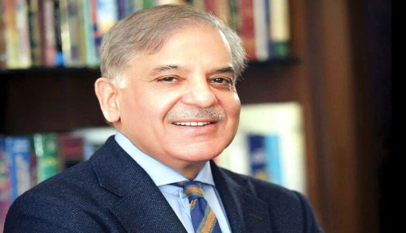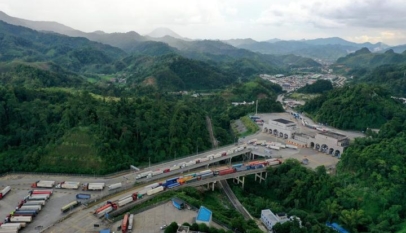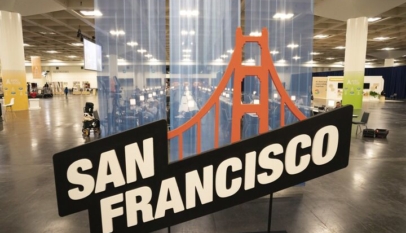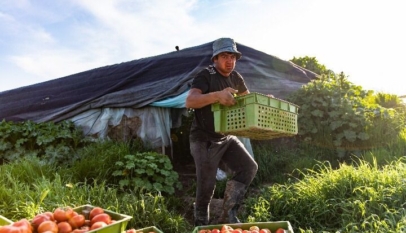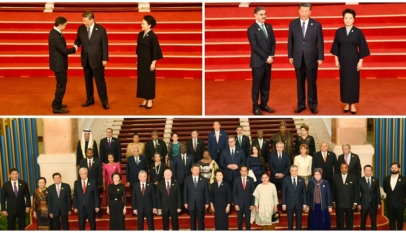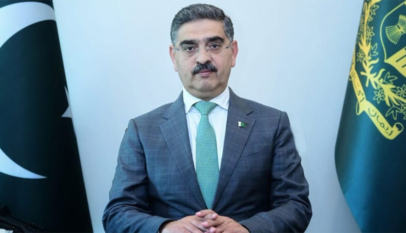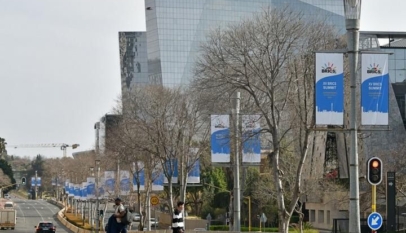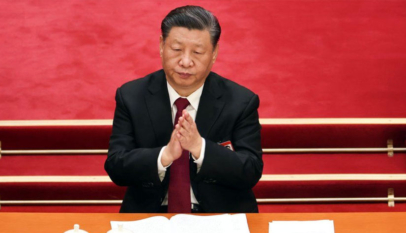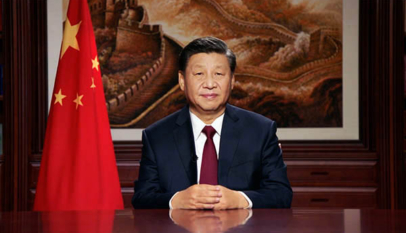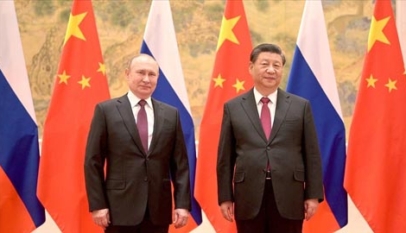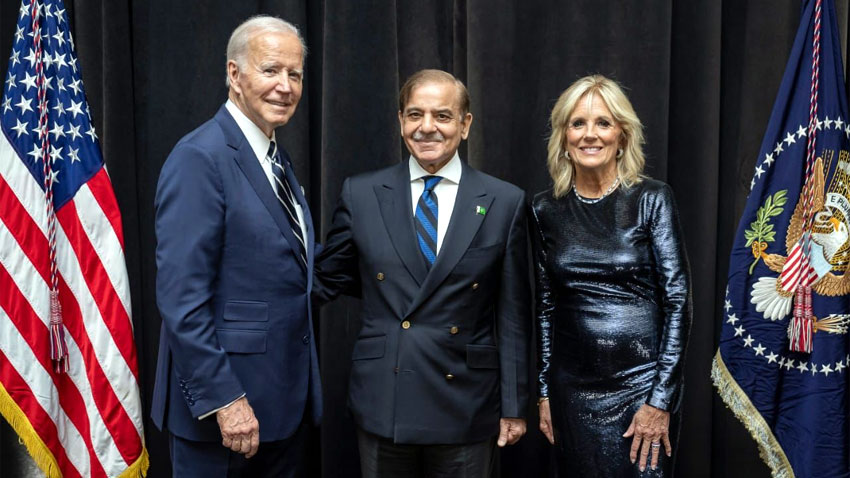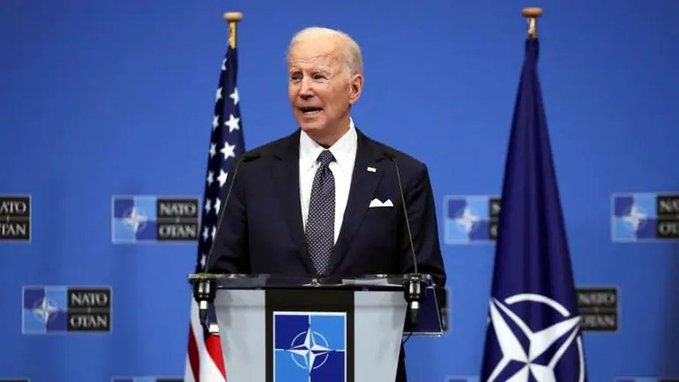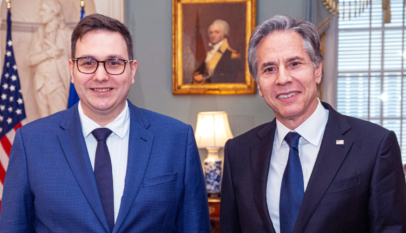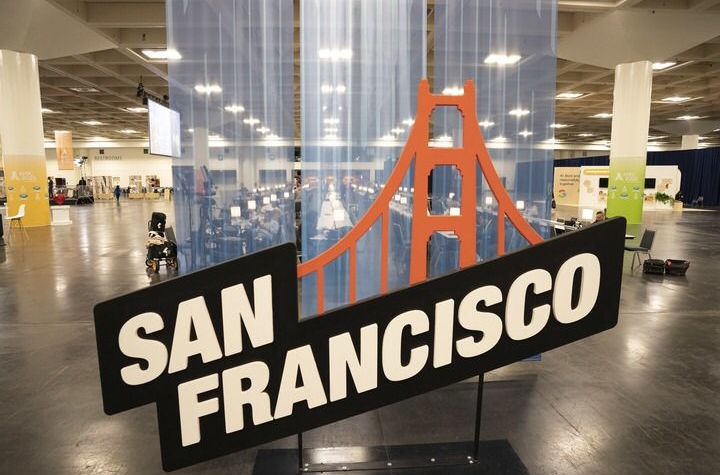
At the invitation of U.S. President Joe Biden, Chinese President Xi Jinping will attend a China-U.S. summit meeting and the 30th Asia-Pacific Economic Cooperation (APEC) Economic Leaders’ Meeting in San Francisco this week.
The U.S. trip speaks volumes about the importance the Chinese president attaches to Asia-Pacific economic cooperation. On various occasions, Xi has voiced his expectations for the APEC to drive regional and global growth.
A memorable moment was on the night of Nov. 10, 2014, when Xi and his wife Peng Liyuan held a grand banquet in Beijing’s iconic National Aquatics Center, or Water Cube, for guests who were in the Chinese capital for the APEC gathering.
Using the occasion to articulate his vision for APEC, Xi told the guests, all wearing traditional Chinese attire, that China had chosen the Water Cube as the dinner venue because water has great symbolism in Chinese culture.
“Over 2,000 years ago, Chinese philosopher Lao Tzu noted that the supreme good is like water, which benefits all creation without trying to compete with it,” Xi said in his toast.
“We, APEC member economies, are brought together by the water of the Pacific Ocean,” Xi said. “We have a shared responsibility to make the Pacific an ocean of peace, friendship and cooperation, an ocean that brings peace, development, prosperity and progress to the Asia-Pacific region.”
Guided by such a vision, China has acted as an active advocate for Asia-Pacific economic cooperation, which has injected powerful impetus into the development of the region and greatly improved the wellbeing of the region’s people.
Xi has attended or presided over every APEC Economic Leaders’ Meeting and delivered important speeches through various means in the past decade. And more than once he used the allusion of the Pacific Ocean to get his message across.
In 2020, in a video speech at the 27th APEC Economic Leaders’ Meeting, Xi said that the world economy is like the Pacific Ocean around us — it admits water from various rivers, and connects different parts of the world. As such, it has acquired a vast magnitude and enormous vitality.
In November 2022, Xi also used path as a metaphor to offer his proposals for APEC to address challenges when the world was suffering from the COVID-19 pandemic and the global economy was facing mounting downward pressure.
“Our world has once again reached a crossroads. Where is it headed? What should we do here in Asia-Pacific? These questions demand urgent answers,” Xi noted in a written speech at the APEC CEO Summit in Bangkok.
He called on APEC members to follow “a path of peaceful development.” “We should abide by the purposes and principles of the UN Charter, pursue the vision of common, comprehensive, cooperative and sustainable security, and jointly reject the Cold War mentality and bloc confrontation,” Xi said.
APEC should follow “a path of openness and inclusiveness,” and any attempt to disrupt or even dismantle the industrial and supply chains formed in Asia-Pacific over many years will only lead Asia-Pacific economic cooperation to a dead end, Xi noted.
Xi also stressed the importance of following “a path of solidarity” at a time when Asia-Pacific has entered a crucial stage of post-COVID recovery, and APEC members should strengthen cooperation, support and help each other to enable Asia-Pacific to be a leader in boosting global economic recovery.
The upcoming APEC meeting will also be convened at a critical time. With mounting factors of instability and uncertainty in the world economy, there is a widely shared expectation for Asia-Pacific to remain an economic engine to lead global growth.
Xi will deliver an important speech at the meeting to fully elaborate on China’s major propositions on deepening Asia-Pacific cooperation and driving regional and global growth.
Against the backdrop of global challenges, Xi’s address is expected to be yet another memorable moment for strengthening regional and global economic collaboration for years to come.

